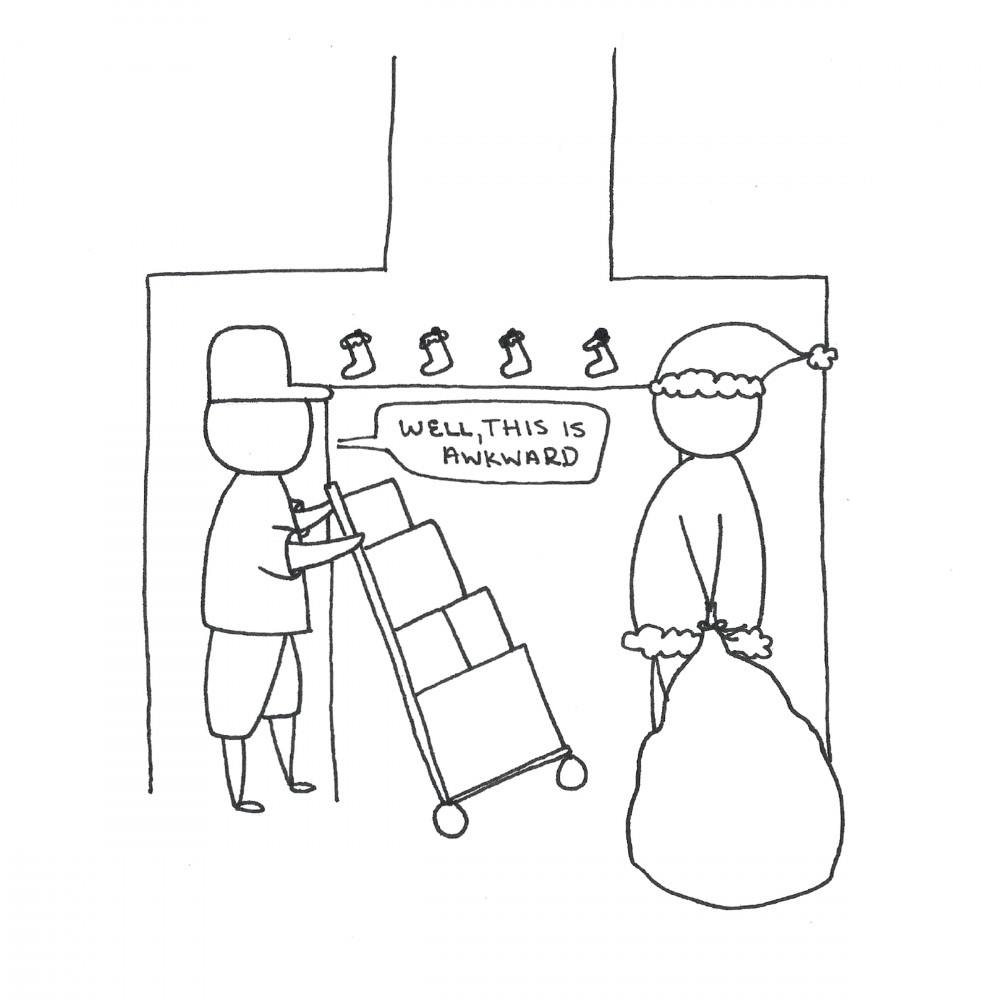As one of Amazon’s most recent attempts to appeal to the quickening pace of technological change, it introduced the Amazon Key, a lock-and-key system that will allow the company’s delivery personnel to open customers' doors and set a package inside their homes.
To use the product, you must live in one of the 37 cities where the company has its own warehouses and delivery operation. The product costs $250 and requires installation of the deadbolt. The package includes one of Amazon’s new Cloud Cam home-security cameras.
This could have been partially in response to the rising rates of package theft in the United States. And although this could be an attempt at solving the issue, it was a hasty decision on Amazon’s part that has too many flaws.
The primary concern is safety.
Even with the camera, which allows a customer to watch the delivery live, there is still the fear of a stranger having access to your home when you're not there.
Likewise, the consumer reviews of the camera have been poor. One primary complaint has been that the camera does not provide sound notifications to alert you when someone is moving in front of the camera.
Another concern is that the camera requires you have a sustainable and strong WiFi connection, which is not always the case for some customers.
Apart from the $250 initial purchase, there is a monthly charge to keep the camera connected to the cloud. This is rather expensive for a device with an electronic nature that leaves it vulnerable to potential hacks, which can be carried out with other brands of smart locks.
Overall, consumer reports show that the camera itself is not worth the money when similar home-security systems are cheaper and do much of the same thing.
The Amazon Key also brings up interesting legal concerns.
The questions of whether or not police officers would be able to use Amazon Key to enter people’s home and whether or not they would even need to obtain a warrant, spark worry about a customer's right to privacy and protection from unreasonable searches and seizures.
Law professors have stated this device would give owners no reasonable expectation of privacy. The issue that could be argued in court is if a person grants full access to his or her home to a set of strangers, then one must accept all possible outcomes of it.
Amazon has previously refused to aid in criminal cases where access to data from its devices could have helped, so there is no reasonable evidence to confirm that Amazon would be transparent about the data it receives.
Overall, there are too many flaws with this device to make it worth the money or loss of security.
Ultimately, a stolen package is not as bad as the potential for everything else in your home to be stolen.
It would be easier, safer and significantly cheaper for people to send their packages to their offices or to a post office box than to purchase the Amazon Key, which is just as flawed as it is expensive.




